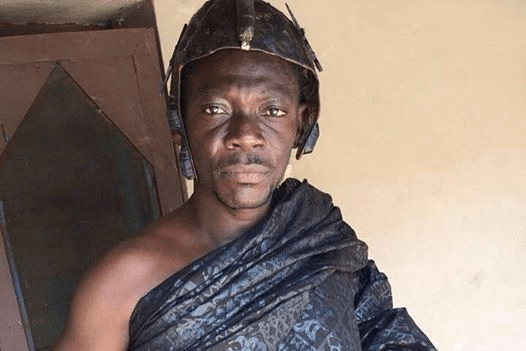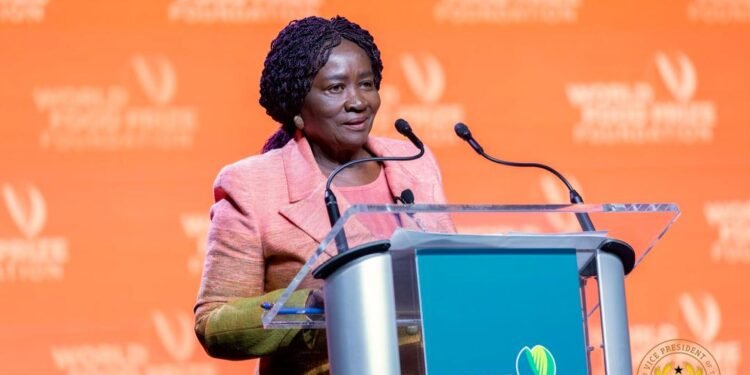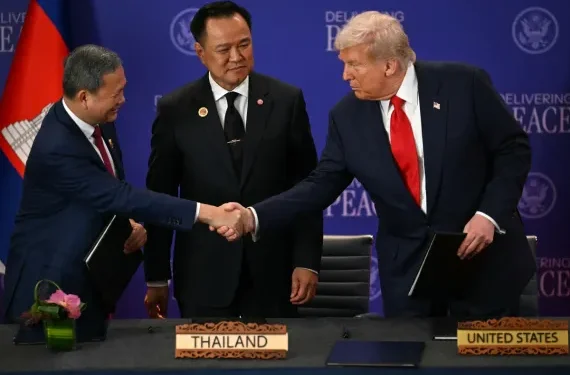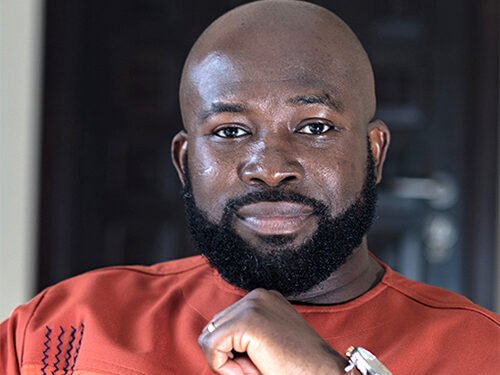Kumawood star, Agya Koo, born Kofi Adu has opened up about the factors that contributed to the decline of the country’s once-thriving film industry, highlighting how power outages during the presidency of John Dramani Mahama significantly impacted the sector.
The actor, widely known for his role in Kumawood films, expressed disappointment at how power outages in Ghana caused delays in film production, affecting the output and consistency needed to keep the industry flourishing.
He noted that, while this issue played a major role, it was by no means the sole contributor to the industry’s downturn.
“I won’t shy away from the fact that the power issues during Mahama’s time had a huge impact on our industry. Filmmakers depend on reliable electricity to create their work, and without it, production slows down. It contributed to the decline of our industry, and sadly, it wasn’t the only issue.”
Agya Koo
Agya Koo’s career has spanned decades, during which he became one of the most influential figures in the Ghanaian film industry.
However, his reflections on the current state of the sector show the hurdles it has faced in recent years.
Amidst his reflections on the industry’s struggles, Agya Koo also addressed rumors about his position within the film world, including claims that he had positioned himself as a “demigod” in the industry.
“Those accusations are baseless. Yes, I played a major part in the growth of Ghanaian cinema, but I didn’t treat myself like royalty. In the beginning, I didn’t even charge for my work. I just wanted to push the industry forward.”
Agya Koo
Agya Koo went on to explain that it wasn’t until later in his career, after establishing himself as a leading actor and producer, that he began requesting a modest fee for his work. “People need to understand that I wasn’t trying to create a sense of entitlement,” he said.
“But as I became more well-known, I had to take my career seriously and ask for compensation for the work I was doing. That’s when the jealousy started to creep in.”
Agya Koo
This comment sheds light on the complex dynamics within the Ghanaian film industry, where early pioneers often find themselves at the center of debate, with success leading to both praise and criticism.
Agya Koo believes that much of the backlash he received was linked to his rapid rise to prominence and the public’s perception of his influence. “When you become a household name, people tend to have a lot to say, especially if they can’t achieve the same level of success,” he remarked.
Agya Koo’s Role in Breaking Nollywood’s Monopoly in Ghana

The veteran Ghanaian actor recalled his role in rejuvenating Ghana’s film industry at a time when it was heavily overshadowed by Nollywood.
For years, Nigerian movies dominated Ghanaian screens, captivating audiences and making it challenging for Ghanaian cinema to flourish.
However, Agya Koo was determined to change this narrative and re-establish a vibrant market for local productions.
“Back then, Nigerian movies were everywhere. They had a hold on our screens that almost pushed our own Ghallywood and Kumawood to the side. I knew we had to do something, or we’d lose our voice in our own country.”
Agya Koo
His rise in the Ghanaian film industry came at a time when audiences were beginning to lose touch with homegrown stories.
Agya Koo’s infectious humor and authentic portrayal of Ghanaian life quickly reignited a spark, drawing viewers back to Kumawood movies.
The actor didn’t hesitate to express the backlash he faced from Nollywood’s stakeholders. “I remember, they’d reach out, asking, ‘Who is this Agya Koo? What is he doing that’s making Ghanaians watch only their movies now?’” he recounted with a chuckle. “The Nigerian filmmakers were curious and, I’d say, a little concerned—that their dominance was being challenged.”
Despite facing tempting offers to join Nigeria’s thriving film scene, Agya Koo declined, choosing instead to remain loyal to Kumawood.
“They offered me money to go to Nigeria, to perform in their movies. I knew that could be big for me personally, but I couldn’t do it. My goal was to help build Ghanaian cinema, not just my career.”
Agya Koo
Agya Koo also shared a memorable moment when he was introduced to Nigerian comedian and actor Mr. Ibu, one of Nollywood’s own icons.
“There was talk of forming a partnership between our film industries—something that could help both sides. I met with Mr. Ibu, and he was a great guy, but I knew I had to be strategic. I decided to wait on that collaboration.”
Agya Koo
He explained his commitment to elevating Ghanaian cinema first.
Over time, his impact became undeniable, helping carve out a strong identity for the Kumawood industry. Agya Koo’s decision to stand by Ghanaian cinema remains a source of pride for him. “I believed we could make people fall in love with our own movies again,” he said. “And looking back now, I think we did just that.”
READ ALSO: Ghana’s Short-Term Debt Market Sees Strong Demand, Raises GHS 5.824 Billion in Latest Auction























